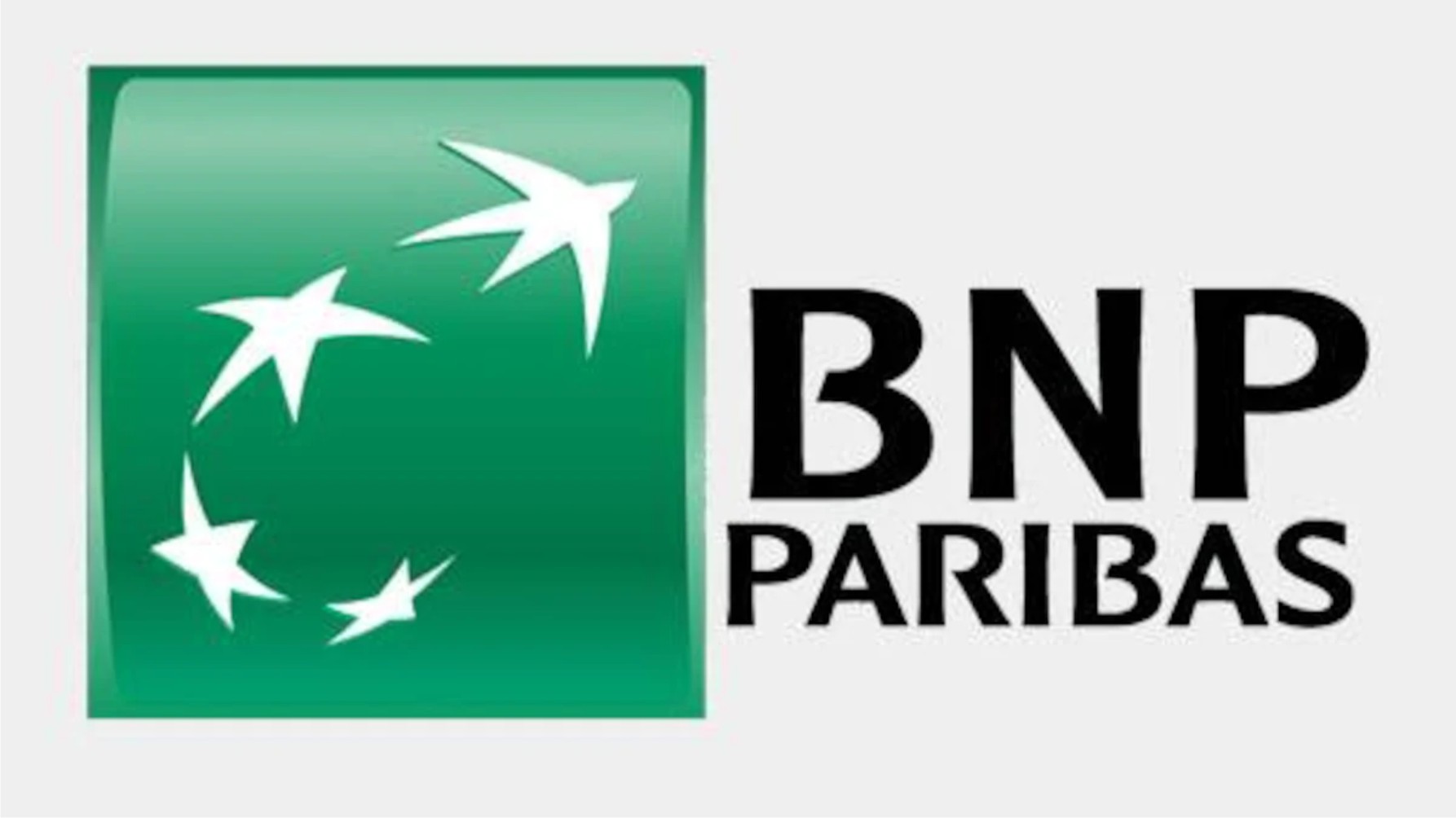Inspite of the challenges facing Africa’s second biggest economy as a result of the protracted Covid-19 pandemic, there is silver linen in the sky, so says a senior economist at BNP Paribas. This is because the economy is expected to bounce back in the third quarter of the year – with finance group BNP Paribas even expecting things the work out better than the South African Reserve Bank expects.

In a note by BNP Paribas senior economist Jeffrey Schultz said that GDP growth in Q3 – following a record drop in Q2 due to the Covid-19 lockdown – will likely surprise on the upside, driven by better-than-expected performances in certain sectors. “Recent high frequency data in mining and manufacturing production and wholesale and retail trade to the end of August has generally surprised to the upside,” Schultz said.
A median of 21 economists, polled by Reuters (Oct. 15-20), forecast a budget deficit of 15.9% of GDP this financial year. The poll saw the deficit narrowing to 10.0% of GDP next year and then to 9.0% in the financial year 2022/23. The economy will contract 8.5% this year and grow 3.5% next year, the poll found.
The mining and wholesale trade sectors have already rebounded to activity levels seen in Q1 (pre-pandemic) on the back of improving mobility and some cushioning to household disposable incomes through some (albeit temporary) state-led income support measures. In addition, the mining sector has also benefited from record terms of trade, Schultz said.
Because of this, BNP sees Q3 GDP printing close to 65% quarter on quarter (seasonally adjusted and annualised) – or -7.0% year on year – with the largest expenditure side contribution coming from net trade.This is higher than the South African Reserve Bank’s projection of +45% in Q3.
“Our Q4 growth performance is now also more subdued at +1.0% q/q, and indicates an economy which still looks likely to contract 8.0% in 2020 (+0.5 percentage points higher than our initial estimate). We maintain our sub-consensus GDP forecast of 2.5% for 2021,” the economist said.
However, despite the more optimistic third quarter outlook, BNP noted that economic activity in South Africa is likely to remain weak, with inflation maintaining a structural downside bias. “This is likely to result in an accommodative monetary policy stance from the SARB, which looks unlikely to engage in a strong hiking cycle next year, we believe,” Schultz said.
While the bounce back in some sectors of the economy has been better than expected, in other areas such as restaurants and hotels, construction, logistics and vehicle sales, the picture remains challenging, he said.
“We continue to expect more disinflation in durable and semi-durable price components (eg, vehicle sales) into next year as the knock to disposable incomes and demand outweighs the lagged impact of a weaker rand which we think has already largely played out,” the economist said.
He noted that insurance prices are also likely to slow into the very low single digits from February to June 2021, on private medical aid schemes freezing price increases in H1 2021.
“We have shaved 0.2pp off our already sub-consensus CPI estimate for 2021, and now expect average price growth of 3.5%, up only marginally from our 3.2% forecast for 2020,” Schultz said.


